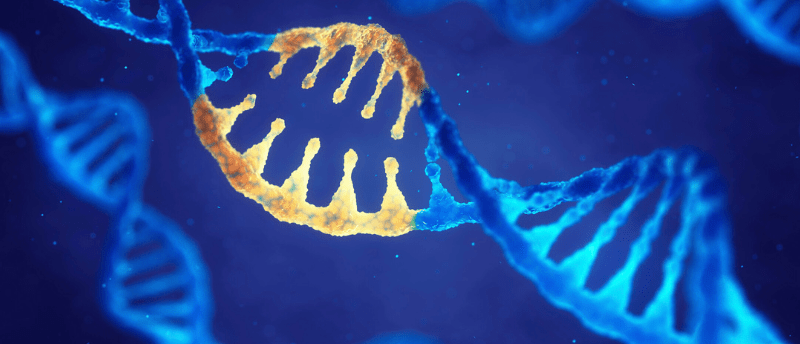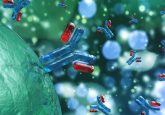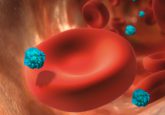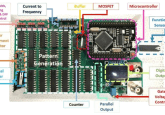Signed, sealed, delivered: CRISPR/Cas9 gene editing to restore renal function

A team of researchers from the University of Bristol (Bristol, UK) have successfully engineered baculoviral vectors (BVs) for the delivery of a DNA toolkit to restore wild-type podocin gene expression. This versatile delivery platform overcomes past limitations regarding vector cargo capacity and shows promise for use in clinical settings.
Background
Podocytes–specialized epithelial cells lining the outer surface of glomerular capillaries–form the glomerular filtration barrier within the kidneys. They play an active role in preventing proteinuria, a critical sign of early renal dysfunction, whereby plasma proteins are excreted as waste within urine. Podocytes are formed of podocin, a membrane scaffolding protein, which, if functioning incorrectly, can result in inheritable Steroid Resistant Nephrotic Syndrome (SRNS). There are currently no available therapies for affected children and young adults, meaning patients must rely on dialysis and kidney transplantation.
Baculoviral vectors
Gene editing offers a prospective remedy to diseases caused by genetic mutations such as SRNS. However, current vector systems such as adeno-associated virus (AAVs) or lentivirus (LVs) do not have the capacity to carry the substantial DNA cargo required for next generation genomic interventions. As a result, research has turned to vectors with the potential to hold significant amounts of foreign DNA, such as baculoviruses. These viruses possess large genomes and lack a rigid outer shell, characteristics that restrict other vector systems.
The approach
New research from the University of Bristol confirms the utility of BVs for precise genome engineering. To illustrate the effectiveness of their method, Dr Francesco Aulicino and his team employed podocytes generated from patients carrying the mutation and delivered a healthy copy of the podocin gene along with the CRISPR/Cas machinery to insert it with high precision into the genome.
The DNA repair kit comprised of the DNA nuclease Cas9 for DNA cleavage, short single guide RNA (sgRNA) to direct Cas9 to the correct site and the modified podocin gene. Successful gene modification resulted in correct expression of the podocin gene and reversion of the phenotype.
Dr Francesco Aulicino, lead author of the study, explains:
“There are many avenues to utilize our system. In addition to podocin repair, we could show that we can simultaneously correct many errors in very different places in the genome efficiently, by using our single baculovirus delivery system and the most recent editing techniques available.”
You may be interested in:
- Cell and gene therapy development for oncology: an interview with David Willoughby
- Technology Digest: the bioanalytical tools that support cell and gene therapy development
- Spotlight panel discussion: bioanalytical developments for cell and gene therapy products
Gavin Welsh, Professor of Renal Cell Biology within the Bristol Renal department, also commented:
“These results are very encouraging. This new approach pioneered by the Berger team holds promise, not only for SRNS but also for a range of other genetic diseases of the kidney, where efficient genetic repair is not feasible with current technology. It is a long road ahead to implement a new vector system for clinical applications, but we believe the advantages offered make this a very worthwhile undertaking.”
This adaptable delivery platform allows for genome interventions from single base to multi-gene projects and addresses the limitations to cargo capacity, which currently burdens other vector systems. The success of wild-type gene insertion to restore correct phenotype and expression levels of the podocin gene indicates the potential for use in other recessive disease-causing genes.
Sources: Aulicino F, Pelosse M, Toelzer C et al. Highly efficient CRISPR-mediated large DNA docking and multiplexed prime editing using a single baculovirus. Nucleic Acids Res. 50(13) doi: https://doi.org/10.1093/nar/gkac587. Epub (2022), UOB press release, https://www.bristol.ac.uk/news/2022/july/dnarepair-kit.html





